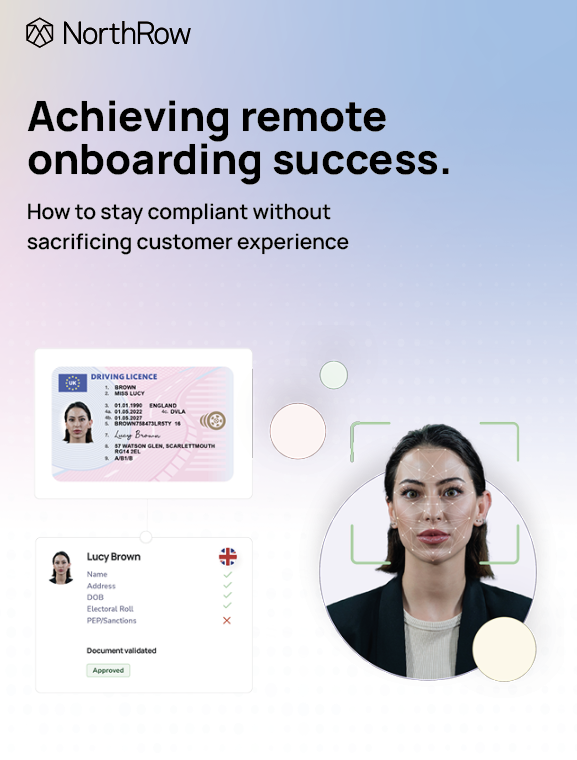With new terminology and phrases being introduced daily in this digital world, we like to stay up-to-date with the latest trends. Horizon scanning is not necessarily new, however it is a more important and relevant practice than you may realise.
Horizon scanning is a strategic process used by organisations and individuals to identify and analyse emerging trends, developments, and potential disruptions that could have significant impacts in the future. It involves continuously ‘scanning the horizon’ for potential changes and challenges that may arise in various areas, such as technology, politics, economics, social dynamics, environment, and more.
The primary objective of horizon scanning is to gain foresight and anticipate upcoming opportunities and risks. By identifying these early on, decision-makers can make more informed choices, adapt their strategies, and be better prepared to face potential challenges. Horizon scanning helps organisations and governments stay ahead of the curve, understand potential game-changers, and be proactive in their approach rather than simply waiting for events to occur to react.
What does horizon scanning involve?
Horizon scanning is a forward-looking approach that will help your organisation become more agile and adaptable in a rapidly changing environment. It enables you to be proactive in seizing opportunities and mitigating risks, enhancing resilience and competitive advantage.
The steps taken to ‘scan the horizon’ are extremely beneficial in anticipating potential risks, often including the following actions:
- Data collection: Gathering information from various sources to gain a comprehensive understanding of the current landscape, including news articles, reports, academic papers, expert opinions, and social media.
- Analysis: Evaluating the collected data to identify patterns, trends, and weak spots that may indicate potential developments in the future.
- Scenario development: Deciding on probable future scenarios based on the insights gained from the analysis. These scenarios represent different potential outcomes and help decision-makers visualise alternative futures.
- Risk assessment: Assessing the potential impacts and risks associated with each scenario, considering both positive and negative outcomes.
- Decision-making and planning: Using the insights gained from horizon scanning to make informed decisions, develop strategies, and allocate resources to better navigate the future.
Benefits of horizon scanning
- Identify opportunities early: By proactively scanning the horizon for emerging trends and technologies, we are able to identify new opportunities and market niches. Being among the first to benefit from these opportunities can provide a competitive advantage and potentially lead to significant growth.
- Mitigate risk: Horizon scanning allows organisations to identify potential threats and risks that could impact their operations. By anticipating these challenges, they can develop contingency plans and strategies to minimise the negative consequences.
- Strategic planning: Having insights into future developments helps organisations create more robust and adaptable strategic plans. It allows them to align their long-term vision with potential future scenarios, making their strategies more future-proof.
- Research and innovation: Horizon scanning provides valuable information for research and development efforts. Understanding emerging technologies and trends helps businesses focus their innovation efforts in areas likely to have a significant impact.
- Competitive advantage: Being aware of emerging trends and disruptive technologies before competitors can give organisations a head start in developing new products or services, establishing themselves as industry leaders.
- Resource allocation: Horizon scanning enables better resource allocation by identifying areas that are likely to experience growth or decline. This information allows firms to allocate their resources more efficiently and effectively.
- Stakeholder engagement: Anticipating societal, environmental, and political changes helps organisations engage with stakeholders more effectively. Understanding stakeholders’ concerns and interests allows for better communication and relationship management.
- Preparedness for uncertainty: The future is uncertain, but horizon scanning helps companies become more resilient and better prepared to navigate unexpected developments.
- Avoiding disruptions: Businesses can prevent or mitigate disruptions by identifying early warning signs of potential crises or major changes in their operating environment. Protecting your business is the main benefit of horizon scanning as a tool.
Overall, horizon scanning empowers organisations with knowledge of potential future developments, enabling them to make better-informed decisions, allocate resources wisely, and stay ahead of the competition in a rapidly evolving landscape. This should be recognised as a vital tool for maintaining sustainability and adaptability in an increasingly complex and dynamic digital world.
Importance of horizon scanning for compliance
Compliance refers to adhering to laws, regulations, industry standards, and internal policies, which are subject to frequent updates and revisions. Horizon scanning is essential for compliance because it helps businesses stay ahead of emerging regulatory requirements, potential risks, and changes in the business environment.
Things like new legislation being announced that would affect existing processes – such as the recent register of overseas entities from last year following the war in Ukraine, as well as Russian dirty money entering the UK through property transactions. Another aspect is new technologies, for example the rise of bitcoin/crypto, leading to new methods of money laundering. Dealing with these innovations from an AML risk perspective is not yet widely mastered and understood due to the new and anonymous nature, therefore it is vital for compliance because it helps organisations anticipate, plan, and adapt to changes in the regulatory landscape, minimise risks, and maintain ethical and legal standards in their operations.
By staying ahead of the curve, organisations can safeguard their business, maintain trust with stakeholders, and position themselves for success in a dynamic and evolving regulatory environment.






